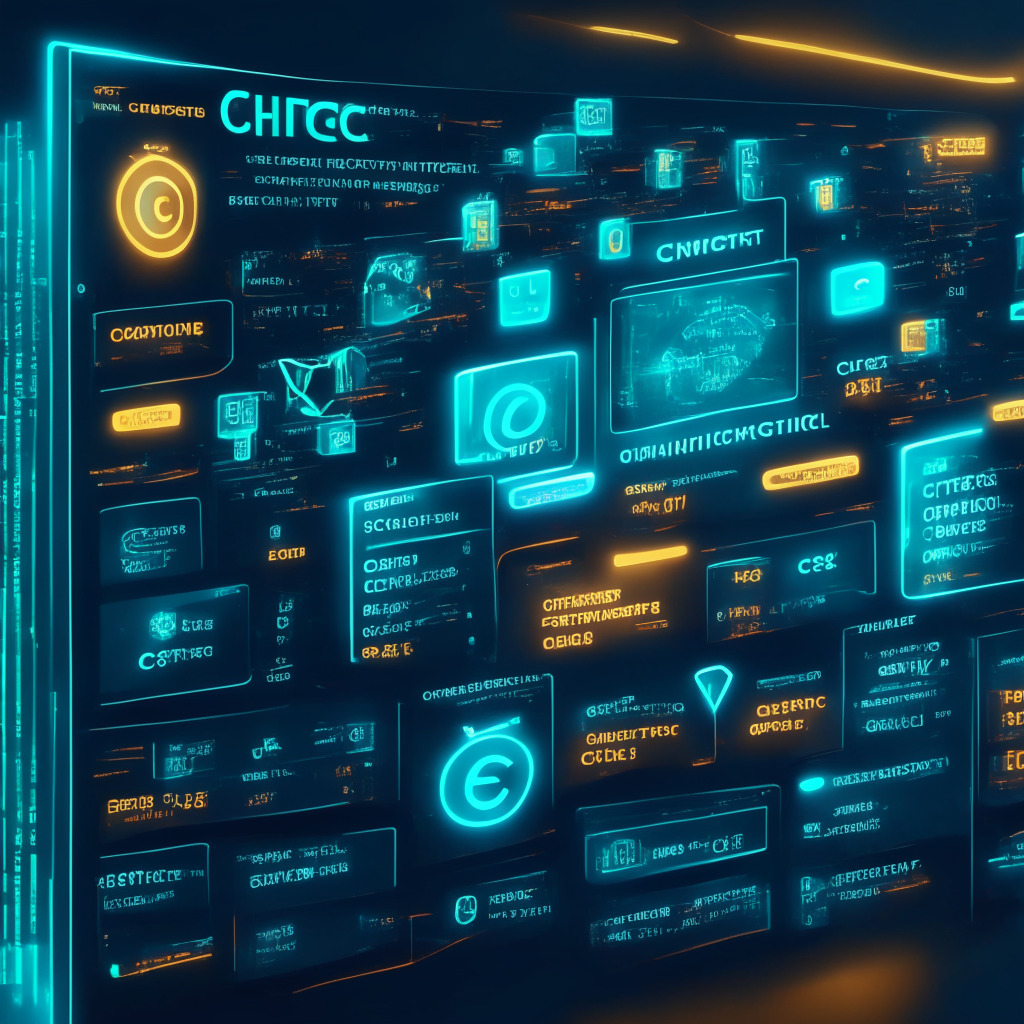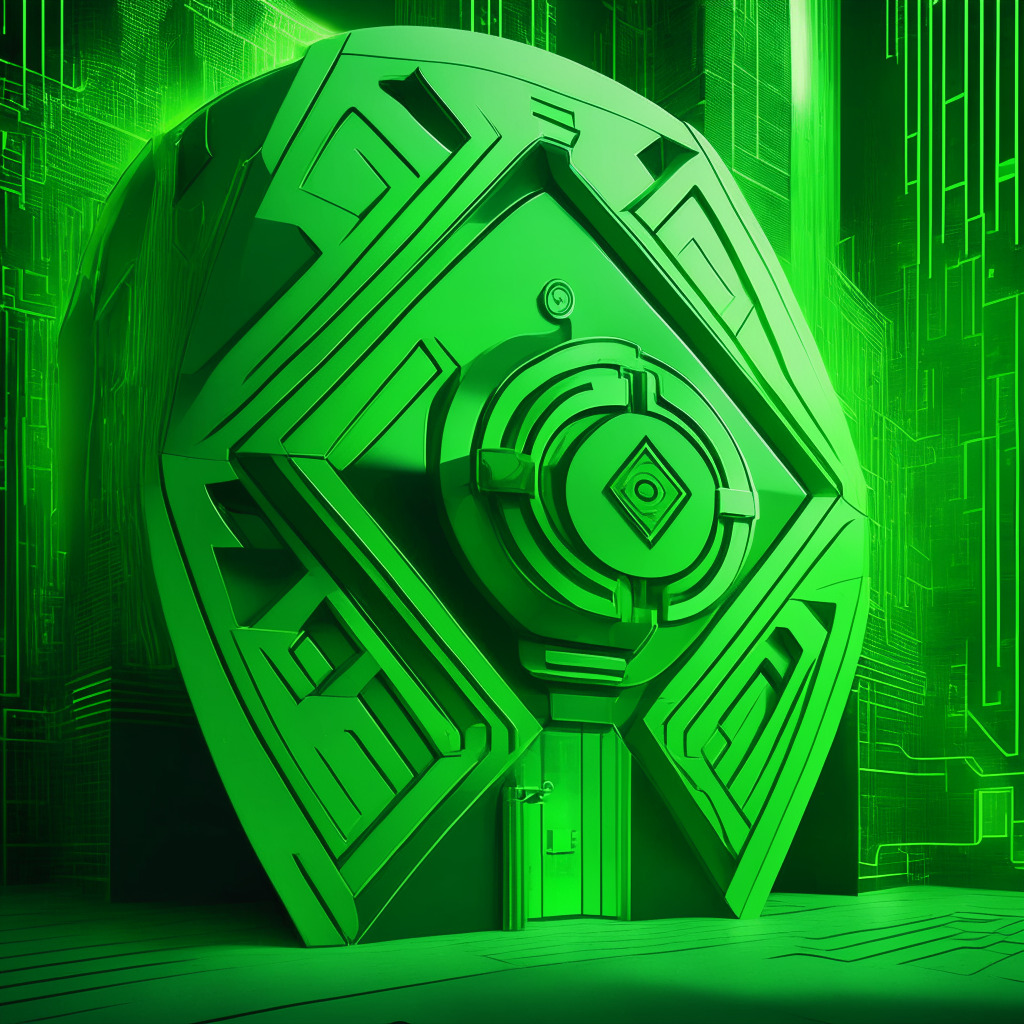The current GPU shortage seems set to fast-track the assimilation of Web3 infrastructure into the mainstream. High-end graphic processing units (GPUs), such as the NVIDIA A100s and H100s, essential for training artificial intelligence (AI) models, are not just cost-prohibitive but also unavailable in the required quantities. This situation is particularly disadvantageous for startups with a tight budget.
Considering this, co-executive directors of the Web3 Working Group, Amy James and Devon James, posit that decentralized physical infrastructure networks (DePIN), specifically compute and storage networks, will negotiate these barriers and completely revolutionize AI and Web3 adoption.
Despite its existence for around ten years, it’s observed that the use of Web3 is restricted predominantly to staunch crypto followers. This has raised perplexity among enthusiasts who expected a speedier adoption of Web3, given that the original web protocols started from scratch, whereas Web3 protocols capitalize on the benefits of the existing web.
However, according to the aforementioned directors, the lack of mainstream acceptance of decentralized social networks efforts can be attributed to the user perception that existing Web2 platforms, while acknowledged to engage in mass surveillance and manipulation, function satisfactorily. Moreover, these platforms exert a forceful network effect which keeps the users engrossed.
This could soon change as the rising AI adoption is likely to usher in transformative times for Web3 infrastructure by offering solutions to the GPU shortage and data-related issues faced by AI startups. Protocols like Akash, touted as the “Airbnb for GPUs”, provides a decentralized marketplace for GPU owners to lease their resources. This model democratizes AI invention by making unaffordable resources accessible to smaller players while enabling hardware owners to earn passive income.
Simultaneously, these Web3 protocols also unlock novel features not available on the web, thus providing an advantage over Web2. Permanent data storage, notably protocols like Arweave, would enable machine learning to be transparent and verifiable, boosting trust in AI models.
Approaches involving open-source frameworks like zkML, or “zero-knowledge machine learning”, pursued by Sam Altman’s project, Worldcoin, offer a remarkable solution. These provide cryptographically secure proofs for AI models, thus authenticating their credibility.
DePIN has the potential to provide a shield from a dystopian future otherwise threatened by AI. They can offer startups infrastructure that is not only reliable, resilient to attack, and less expensive but also free from dependency on the cyber giants’ infrastructure like Amazon Web Services (AWS).
The perks of DePIN for AI startups are not limited to data and hardware access. They can also authenticate the source and evaluate the trustworthiness of content thanks to public-key cryptography, especially essential in an era where deep fakes can wreak havoc, such as creating a temporary market panic that wiped out $500 billion.
There’s a clear argument that GPU scarcity may push startup founders to opt for DePIN protocols. Revolutionary Web3 features, reduced latency, and the ability to effectively keep deep fakes and spam out of our feeds are just a few examples which could enable them to outperform their Web2 counterparts.
All things considered, a great possibility exists that DePIN would provide better access to startups at lower costs, creating a fertile ground for development and competition. AI and Web3 are not rivals; they’re actually synergistic elements of a new tech ecosystem.
Source: Coindesk




